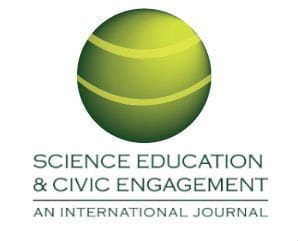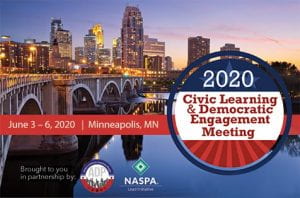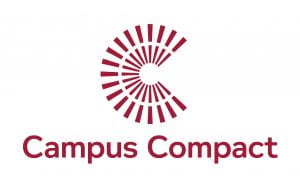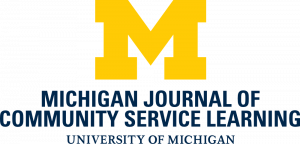
"Emerging Perspectives on Community Schools and the Engaged University is an essential research publication that explores the importance of civic engagement in various school settings, but especially in higher education settings. Featuring a wide range of topics such as service learning, charter schools, and democracy, this book is ideal for community organizers, superintendents, directors, provosts, chancellors, education practitioners, academicians, administrators, researchers, and education policymakers." To view the text's purchasing options, click here.
Responsible for the text, Robert F. Kronick, a Professor of Educational Psychology and Counseling at the University of Tennessee. However, other contributors of the text include Ronald Bailey, Blake Berryhill, William Conwill, Kelly Ellenburg, Audrey Falk, Sarah Freeland, Kristina Gordon, Jim Grim, Anna Hamilton, Ira Harkavy, Rita Hodges, Darlene Kamine, Gavin Luter, Monica Medina, Holly Morgan, Khaula Murtadha, Jane Quinn, Robert Stewart, Henry Taylor, Quang Tran, Sylvia Turner, Mary Walsh, Joann Weeks, Jamie Willer, and Elizabeth Wilson. To read more about each contributor, click here.












